Are You Ready to Make Pest Prevention a Daily Habit?
Last updated on February 15th, 2025 at 10:24 am
Pests are not only unwelcome visitors in your home; pest prevention is essential because common pests like ants, cockroaches, and rodents can also cause significant health and structural problems if left unchecked. The key to maintaining a pest-free home isn’t just about calling the professionals when an infestation occurs – it’s about adopting daily habits and routines that prevent pests from invading your space in the first place. Let’s explore how making pest prevention a habit can help you enjoy a comfortable, healthy, and pest-free home all year round.
How Can You Keep Your Home Pest-Free All Year?
1. Start with Cleanliness
Good housekeeping is your first line of defense in preventing pests. Here’s how you can maintain a clean and pest-resistant environment:
- Declutter Regularly: Piles of papers, boxes, and unused items provide hiding spots for pests like cockroaches and rodents. Keep your home clutter-free.
- Wipe Surfaces Daily: Crumbs and spills attract ants and other pests. Clean countertops, dining tables, and kitchen floors after meals.
- Take Out the Trash: Dispose of garbage daily, and use bins with tight-fitting lids to prevent pests from scavenging for food.
- Vacuum Frequently: Carpets and rugs can harbor crumbs and small debris that attract pests. Regular vacuuming helps eliminate these food sources.
2. Seal Entry Points
Pests often sneak into homes through small gaps and cracks, so sealing these entry points is crucial to prevent pest invasions. Regularly inspect your home and:
- Seal Cracks and Gaps: Use caulk or weatherstripping to close openings around windows, doors, and baseboards.
- Install Screens: Add mesh screens to windows and vents to keep flying insects out.
- Check for Leaks: Repair any leaking pipes or faucets to eliminate water sources that attract pests.
- Inspect Doors and Windows: Ensure that weatherstripping is intact and that doors and windows close tightly to prevent pests from squeezing through.
3. Store Food Properly
Food is one of the biggest attractants for pests, and improper storage can lead to a significant pest problem. Follow these tips to protect your food and deter pests:
- Use Airtight Containers: Store pantry staples like rice, flour, and cereals in sealed containers.
- Refrigerate Perishables: Avoid leaving fruits, vegetables, or leftovers exposed on countertops.
- Clean Up After Meals: Wash dishes promptly and avoid leaving dirty utensils in the sink overnight.
- Keep Pet Food Sealed: Store pet food in sealed containers and avoid leaving it out for extended periods.
4. Maintain Your Yard to Deter Pests
Your home’s exterior is just as important as its interior when it comes to pest management and prevention. Here’s how to manage your yard:
- Trim Vegetation: Keep trees and shrubs well-trimmed and away from your home’s walls to prevent pests from using them as bridges.
- Remove Standing Water: Mosquitoes breed in stagnant water. Regularly empty water from flowerpots, birdbaths, and gutters.
- Dispose of Debris: Clear fallen leaves, branches, and other yard waste that can harbor pests.
- Mulch Smartly: Avoid piling mulch too close to your home’s foundation, as it can attract termites and ants.
5. Perform Regular Inspections for Pest Identification
Early detection is key to preventing major pest problems and is a crucial component of integrated pest management. Make it a habit to:
- Check for Signs of Pests: Look for droppings, chew marks, or unusual smells that could indicate a pest presence.
- Inspect Stored Items: Examine boxes, bags, and rarely used items for pests before bringing them indoors.
- Monitor High-Risk Areas: Pay close attention to basements, attics, and kitchens, where pests are more likely to hide.
- Examine Outdoor Structures: Regularly inspect sheds, garages, and other outdoor structures for pest activity.
6. Schedule Professional Integrated Pest Management
Even with the best prevention habits, occasional professional pest control treatments by a pest control operator can provide added peace of mind. Experts can:
- Identify Vulnerabilities: Spot areas where pests are likely to enter or hide.
- Apply Safe Treatments: Use eco-friendly methods to eliminate pests and prevent future infestations.
- Offer Expert Advice: Provide tailored recommendations to improve your home’s pest defenses.
7. Educate Your Household
Pest prevention is a team effort and educating your household is a key component of an integrated pest management (IPM) strategy. Ensure everyone in your household understands the importance of these habits:
- Teach Kids: Explain the importance of cleanliness and avoiding habits like leaving food out.
- Set Rules: Create household rules for food storage, cleaning, and trash disposal.
-
Communicate Regularly: Discuss prevention tips during family meetings to reinforce habits.
Make Pest Prevention a Lifestyle
Keeping your home pest-free doesn’t have to feel like a chore. By incorporating these habits into your daily routine, you can create a home that is not only clean and comfortable but also an unwelcoming environment for pests. In the Philippines, where the climate poses unique pest challenges, prevention is especially crucial. Start building these habits today and enjoy a pest-free home all year round!
For all your pest problems, book our Termite Control Services and General Pest Control Services today!
